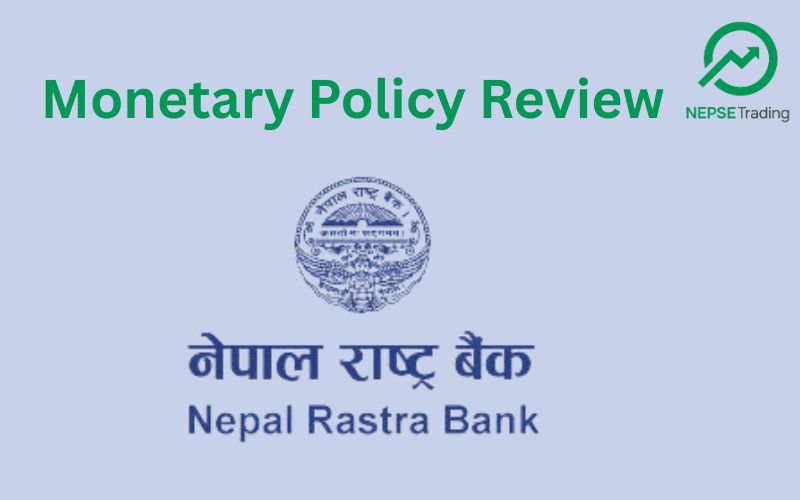By Dipesh Ghimire
Company Registration Process in Nepal: Streamlining with Technology

The company registration process in Nepal follows the Companies Act and involves an extensive business registration process. Founders must agree on a memorandum and articles of association, the templates for which are available on the Office of the Company Registrar's website. These forms must be filled out and submitted online.
Since the implementation of new software last Asar (June/July), the entire process can now be completed online, including obtaining the company registration certificate and paying revenue from home. However, as this is a new system, some users have faced challenges adapting to it.
Over the past five months, approximately 8,000 companies have been fully registered online. The manual submission of documents has been discontinued. Typically, it takes 10 to 15 days to complete the registration process, including name approval and document verification. However, complaints about delays of up to one and a half months have been reported, prompting the introduction of the new system to address these issues.
Improvements and Challenges
Efforts are underway to reduce the company registration timeframe to three days. Currently, name approval alone can take up to a week, but the aim is to streamline this to a maximum of three days. The long-term goal is to complete the entire process within two days by adding resources and improving technology.
An issue raised by stakeholders is the preferential treatment given to intermediaries, while individual applicants often face delays. To address this, a monitoring unit has been established to oversee employee workloads and ensure fairness. Further, the new system aims to eliminate the need for applicants to physically visit the office.
Streamlining the System
The Registrar’s Office has registered 350,000 companies to date, with around 20,000 new registrations each month. However, limited staff and technical challenges have contributed to delays. To address these, video guides and concise information are provided on the Registrar’s website. Despite these resources, many users are not accustomed to consulting online information.
Globally, 90–95% of companies close within three to five years of establishment, often registered impulsively. To assist applicants, a hotline desk and email support outside office hours are being developed. For foreign investments, initial work is handled by the Department of Industry, and integration with the Registrar’s software ensures a seamless process.
Encouraging Digital Transformation
Efforts are ongoing to integrate national ID cards and PAN numbers into the system, although mandatory national ID use is currently on hold due to legal challenges. Foreign investors can register companies from anywhere by submitting notarized documents via email.
With 350,000 companies already registered and annual registrations growing steadily, Nepal’s company registration system remains accessible and user-friendly. The new online processes eliminate the need for physical presence, simplify revenue payment, and enhance the overall experience, paving the way for efficient business operations.









